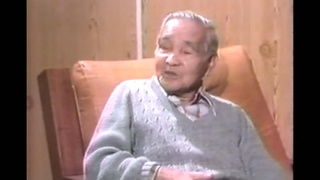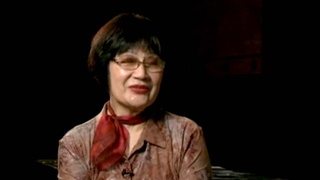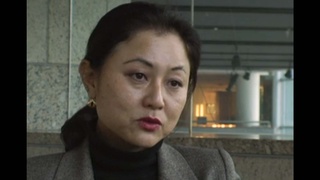Interviews
Early impression of America
When I got a first time job in the Flamingo Company is no speak English. When I jumped in this company, I just walked in but they interview me. Then ask a lot of question but not able to answer, but I'm lucky one, there is a Nisei was there. So he kinda semi-interview, but he not too good with Japanese either, so kind of broken interview. But get by with it and then hired me, the superintendent hired me.
Then I going home, I thought, may be America is some different country. Different than what I've been thinking was because they don't know me - nothing. First time they saw me, then I don't speak English. They don't know how I'm good worker or not. But they hired me. This is something to think of it.
That's why I said in the beginning, first time I thought, may be this is a good country, different type the way the thinking was. So I started to think of it, that was the kind of feeling, first time deeply my heart to think of it about this country.
Date: February 2, 2012
Location: California, US
Interviewer: Chris Komai, John Esaki
Contributed by: Watase Media Arts Center, Japanese American National Museum








